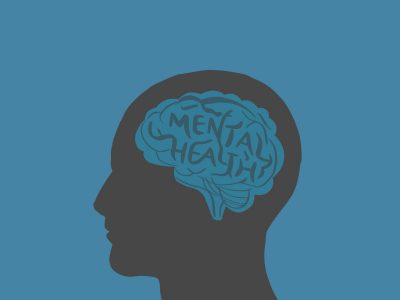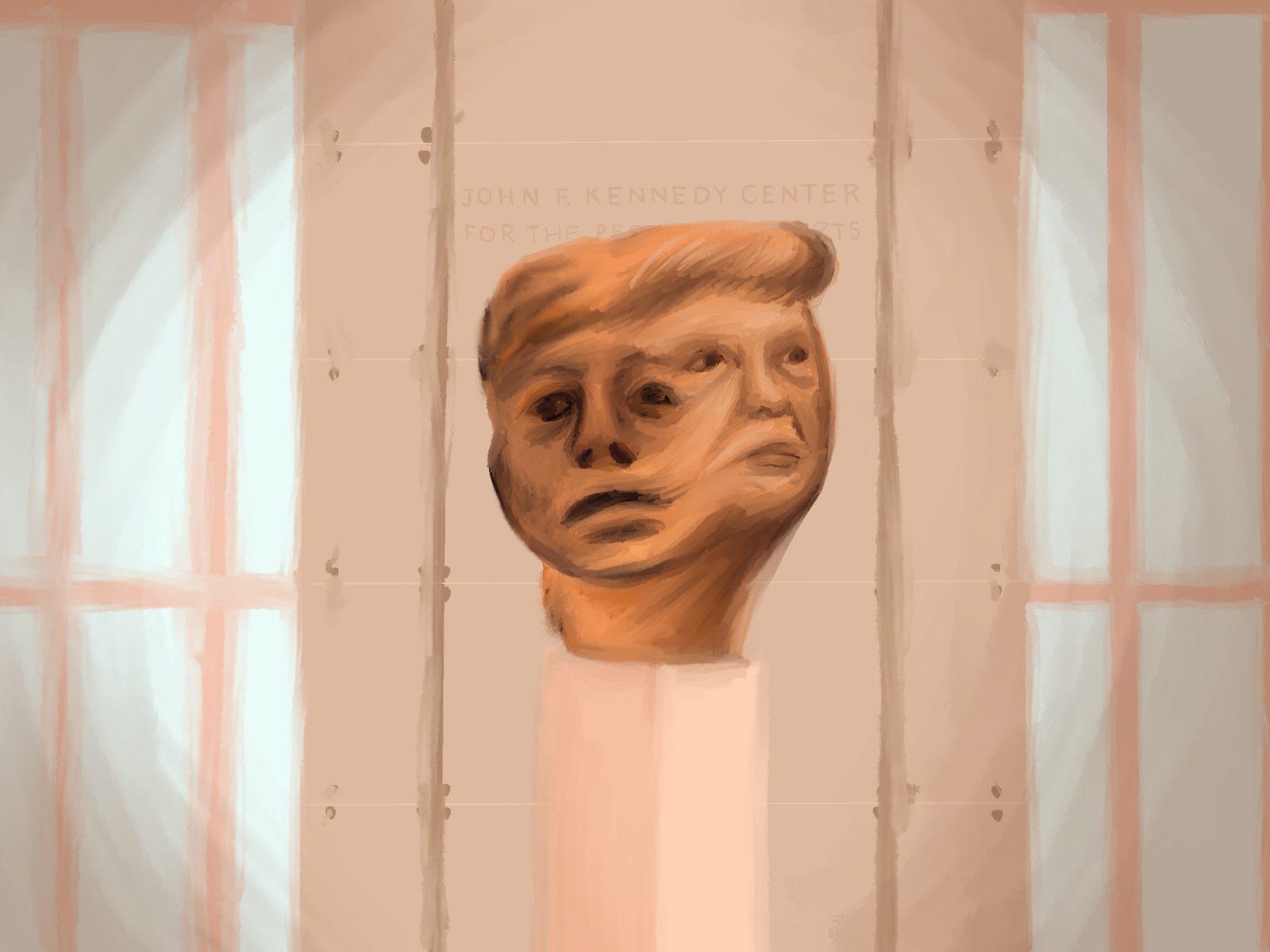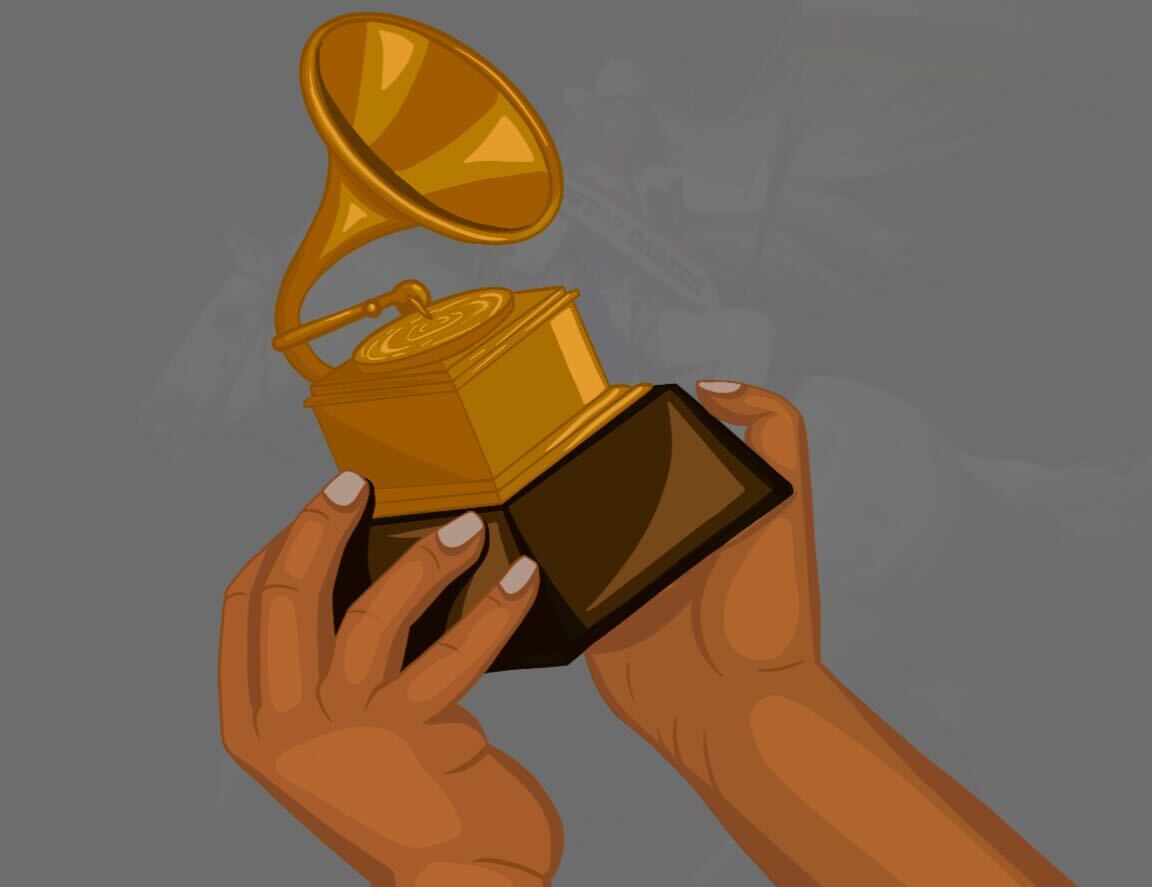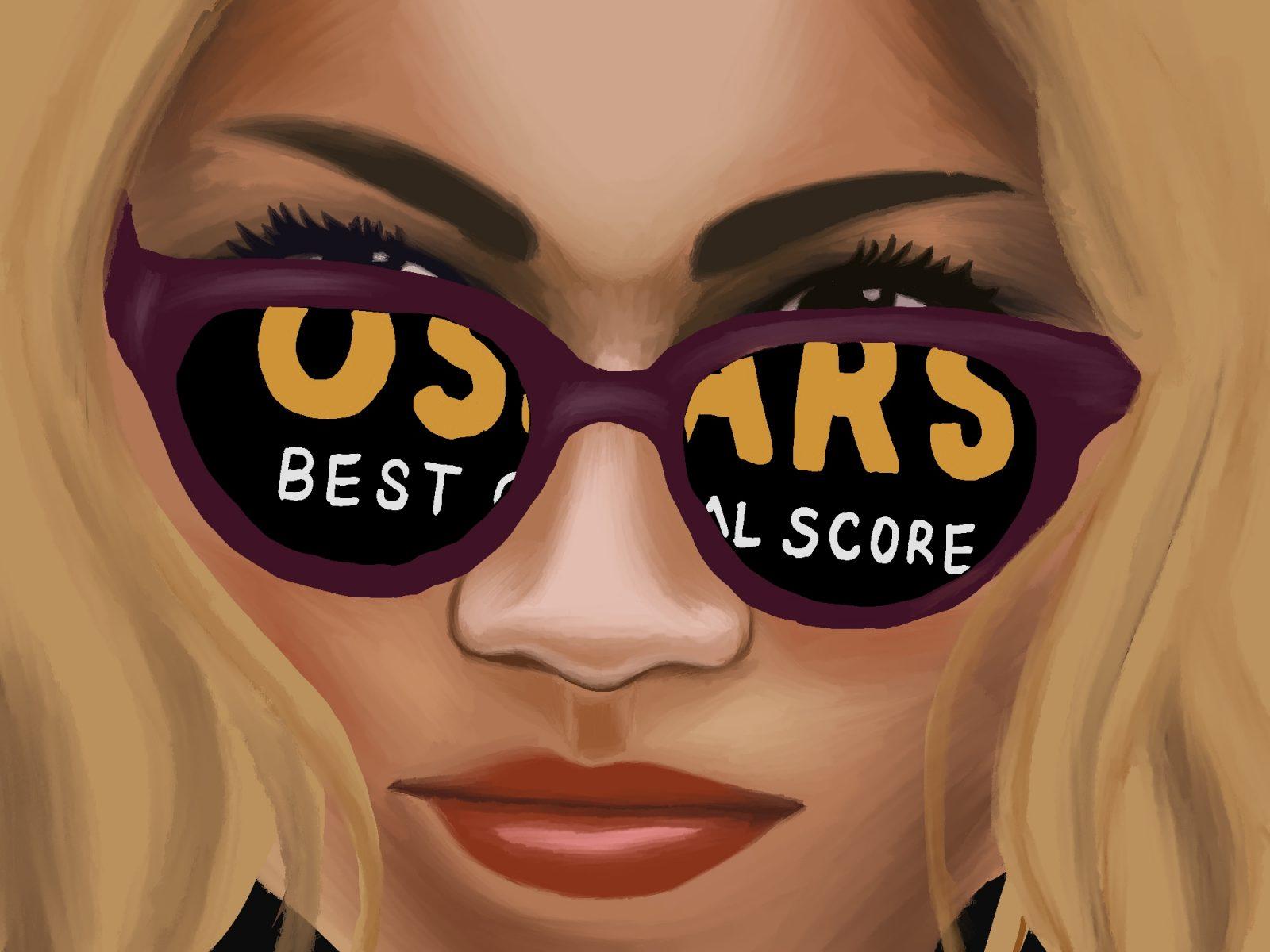Ever since his diagnosis of bipolar disorder became public in 2016, Kanye West — who legally changed his name to Ye last year — has become a chameleon of a public figure, shapeshifting from a rapper to a political candidate to a fashion designer with an almost perverse kind of flair.
Consequently, it seems, his public behavior has also shape-shifted, from the eerily eccentric to the dangerously concerning. Since 2020 alone, he has attempted a run for president (under the so-called “Birthday Party”), called slavery “a choice” and continues to fraternize with Candace Owens — who is known best for attempting to “bring back manly men” and for railing against the Black Lives Matter movement.
Just recently, he’s been pictured wearing a “White Lives Matter” t-shirt at Paris Fashion Week, which he compared to the infamous image of a man standing in front of tanks in Tiananmen Square, been banned from multiple social media platforms for spreading anti-Semitic rhetoric and did an interview on “Tucker Carlson Tonight,” in which he stated that he believed Planned Parenthood was created to “control the Jew population.”
There’s a strong division that has to exist between sympathizing with the difficult side effects of Ye’s disorder and turning a blind-eye to the damaging behavior that occurs as a result of it.
This, unfortunately, is the line that Ye — and his supporters — seem to have crossed. There has been a rejection of this crucial moral principle, an absence of reprove for his actions disguised by the “permission” of his diagnosis.
Ye and I aren’t very similar — he’s a Grammy-award winning rapper, and I’m a high-school choir drop-out with a penchant for singing off-key. But oddly enough, we have a similarity that originates from a more personal place. We both struggle with mental illness — him with bipolar disorder, and I with obsessive-compulsive disorder.

I can’t claim to understand his behavior or his personal battle, but I do understand the difficulties that come with having a mental illness. It’s the kind of struggle that is impossible to understand without being endured — a second voice in your head that warps your sense of identity and concept of control.
In the depths of my struggle with OCD, it often felt like I was a prisoner to this second voice. Watching from a bird’s-eye view as it hurt my relationships and confidence and the people who cared about me.
But I was lucky in the sense that I had support — not just in finding help, but in understanding that despite the difficulty of my situation, the harm that my actions caused was not excusable. It was difficult to come to terms with in the moment, but looking back now — with a healthy dose of therapy and perspective — I’m grateful that I had a support system which kept me from crossing this fine line that mental illness often forces us to approach.
Ye’s behavior has become something that is simply accepted rather than something that is thought of critically. And, consequently, his supporters have manipulated his illness into a jagged excuse for his missteps, rather than what it actually is — a scapegoat for the promotion of an increasingly dangerous rhetoric.
Beyond the implicit harm that his words threaten, anti-Semitic incidents increased by 34% in 2021 from the previous year. Ye’s recent tweets are a direct kindle to that flame.
This reaction to his behavior directly puts every person with his same diagnosis at risk. It presents bipolar disorder as a motivator for hatred and absurdity, rather than the personal and difficult battle that millions of average Americans have to grapple with daily.
When we allow this narrative to become a reality, it does more than narrow our perception of what people with mental illness are like — it harms every person who is doing what they can to help themselves get better.
I believe in the persistence of compassion, even in situations where it seems impossible to find, for those who might not deserve it. I sincerely hope that Ye has the support he needs from the people who care about him. But we as a public have to learn that there is a dangerously important distinction between empathy and acceptance.
When dealing with issues as sensitive as mental health — and, in this case, racism and antisemitism — we cannot afford to confuse the two. Ye deserves support, but he does not deserve a free pass. And it is the responsibility of every person who has given him power to condemn his words and protect the people he has harmed. We owe it to every marginalized group he has put at risk — and to each person who has had the courage to address their own mental health struggles.


























































































































